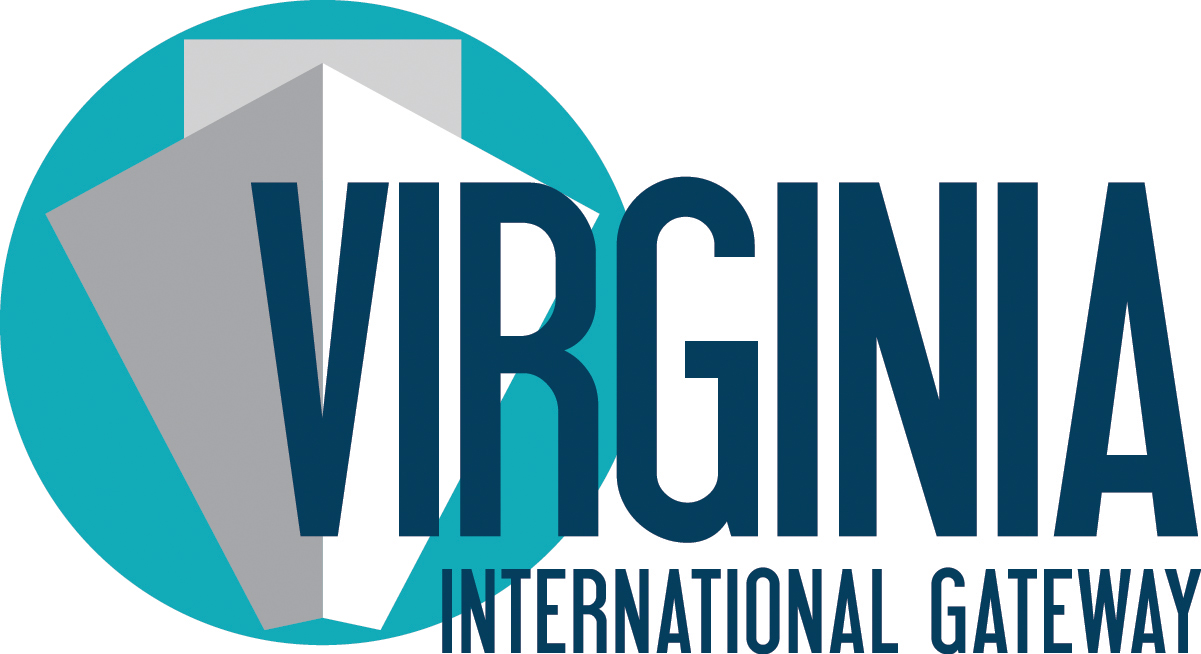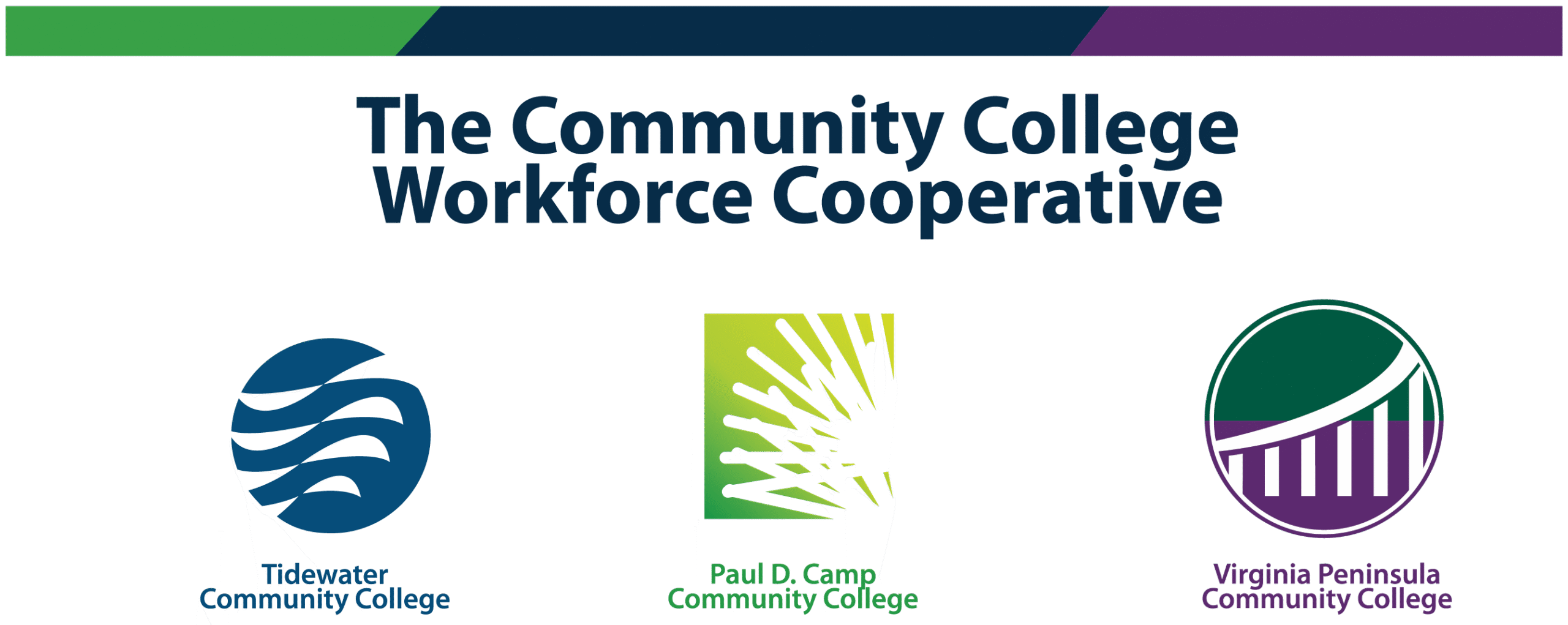Housing
In the recent past, housing was not a key issue for Virginia’s business community. Today, however, it is one of the most pressing issues for the Commonwealth’s businesses and residents alike.
Affordability is a key concern for workers at all income levels. A shortage of supply is the primary driver, impacting workforce growth and limiting Virginia’s overall economic competitiveness. Addressing the Commonwealth’s housing needs by 2035 is a daunting task and requires decisive action. Supply of all types must increase at all price points and in all regions to meet demand.
The recommendations in this section provide a comprehensive policy framework to expand Virginia’s housing supply for all residents to enable economic growth through 2035 and beyond.
Recommendations
- Address housing affordability challenges across all income levels and all housing types by expanding and preserving the existing housing supply
- Encourage employers to provide or expand housing-related benefits, for owners and renters, and financing tools as part of their compensation packages such as down payment and closing cost assistance, the use of employer-owned land for housing, or direct subsidy for housing development. Encourage the General Assembly to incentivize these Employer Assisted Housing Programs through corporate or other business-related tax incentives
- Expand opportunities for income tax credits for renting, buying, and selling real estate
- Increase funding for the Housing Trust Fund while also expanding the uses of the Fund to further assist homebuyers with closing costs, gap financing, and other costs
- Improve consistency, transparency, and efficiency in housing development by incentivizing local government to develop fast-track permitting programs to reduce delays
- Develop model codes and toolkits to guide local governments’ zoning practices, housing typologies, and permitting processes
- Limit exclusionary zoning practices that restrict housing diversity
- Examine the current uses and roles that comprehensive planning plays in land-use decisions and the appropriate aspects of comprehensive plans that should be required to ensure consistent applications
- Require uniform interpretation and application of the Uniform Building Code across the Commonwealth
- Encourage localities to adopt incentive programs, such as Affordable Housing Performance Grants, to further the development of affordable multifamily housing
- Support targeted tax incentives, such as the Historic Rehabilitation Tax Credit Program to preserve historic infrastructure and the Housing Opportunity Tax Credit, while also increasing the Commonwealth’s housing supply
- Create incentives around Transit Oriented Development (TOD), affordable housing co-located to public goods and services (e.g., childcare, hospitals, etc.), and density bonuses through infrastructure cost offsets and other means
- Maximize housing production outcomes through the use of Opportunity Zone programs and pair them with other state and local incentives such as additional tax increment financing (TIF) or performance grants for including rent-restricted housing
- Integrate housing plans into local, regional, and state economic development plans to match the job potential of projects







